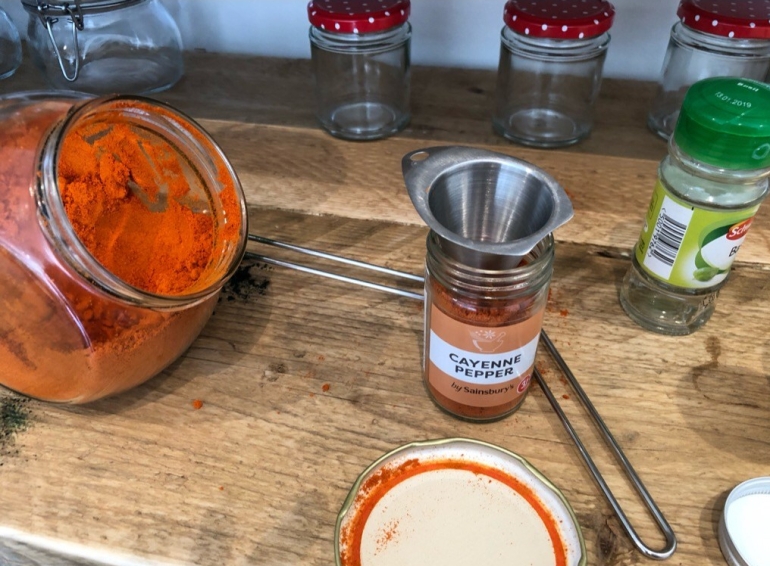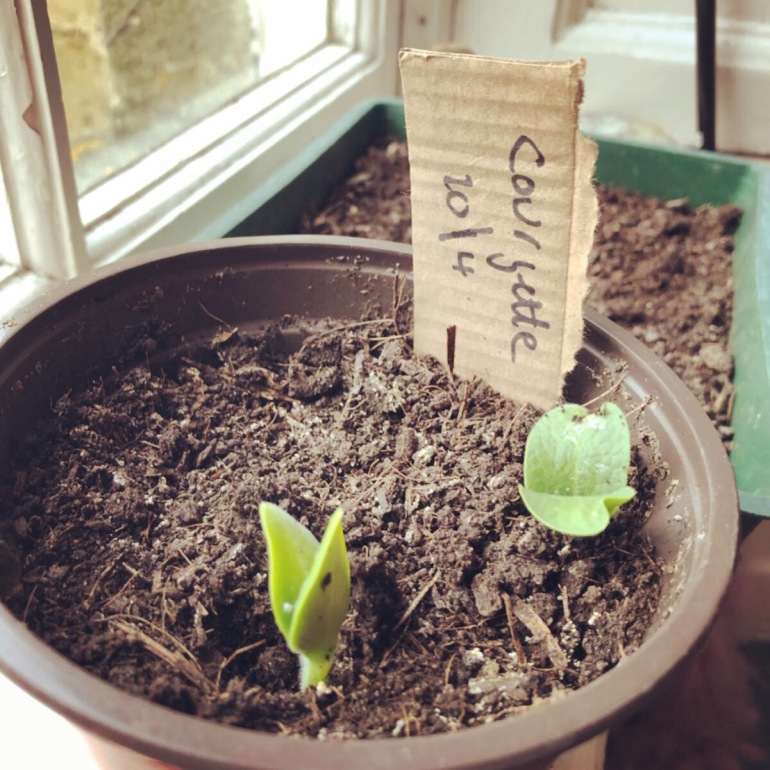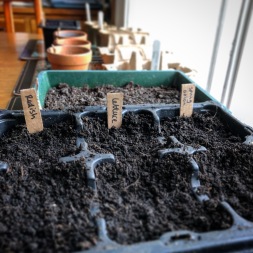It’s single use that’s the problem. And this is the problem in almost all aspects of our lives.
Eating, drinking, being “out and about”, clothes, our homes, entertainment… everything.
Sustainability and sustainable living isn’t just about saying no to plastic, driving less, or recycling; it’s about changing everything!
My blog isn’t meant to be a political economic essay addressing the problems of our national and global issues (which arguably need to shift massively). My blog is mirroring those issues into our daily lives.

Moving towards a circular economy needs to happen, and it definitely isn’t down to the responsibility of individuals. But individuals do need to be aware of these issues. Circular cuts out the “throwing away” mentality. We are constantly on the move. Rushing around, grabbing a coffee, grabbing lunch, grabbing plastic cups; plastic bottles; plastic wrapped, cheap, fast food. We need to slow down. Plan our day. Think about what we’re buying, what we’re putting in our bodies and on our bodies.
I overheard two young girls on a train talking about a trip they were going on; “we can just buy shampoo when we’re there and then throw it away after”. That right there is the issue. Where is “away”? There is no “away” we only have as much space on this planet as we have, we need to stop making “stuff” and throwing it “away”. Most rubbish that is “thrown away” ends up one way or another back in our environment, landfill (polluting the soil), shipped to be recycled (ends up in the ocean)…. incinerators may bypass this issue but not the problem of the endless manufacturing of “stuff” that we just “throw away”.
Greenwashing. Bioplastics. Vegware. Biodegradable plastic. 100% compostable…
From an article promoting bio plastics “Once you’ve removed corn plastic packaging from a product or worn out that corn plastic polo shirt, the materials only have to spend a month or two in a high-humidity composting environment at about 140 degrees Fahrenheit (60 degrees Celsius) before they return to the Earth from which they were originally grown”

How many people have a high-humidity composting environment at about 140 degrees Fahrenheit? The infrastructure for disposing these products isn’t common… so what happens… nothing really. They end up with the same fate as the other non natural materials… polluting our environment or at the very least using up resources so that someone can eat their burger off it or drink their coke out of it.
Green washing and “throwing away” are linked. Consumers are marketed these “innovative” products that are “100% biodegradable” and “made from plants” so they think they can rest easy and carry on as normal. Buying “on the go” food, drinking coffee from the same cafe everyday in a different cup. Sadly… they’ve been deceived. Unfortunately I know of an example where “vegware” cups were chosen as the sustainable option for disposable coffee cups alongside a ‘coffee cups recycling’ scheme. You’ve guessed it… not compatible. The “vegware” cups need to be commercially composted and the recycling scheme is designed for the paper/plastic coffee cups that can technically be recycled but, it costs more to do so, resulting in it being less common.
Is it as simple as reusing and not buying single use products? No, it really isn’t. But that’s what I try and do most of the time. The solution and responsibility doesn’t lie solely to the individual consumer, but we can do our best. So, the UK has banned plastic straws? But next to paper straws in Tesco you can buy disposable plastic plates and plastic cups. Starbucks now gives you a paper straw with your frappachino in a plastic cup with plastic lid. Your cocktail comes with a paper straw and plastic stirrer. Your “on the go” sandwich is wrapped in “biodegradable” plastic packaging which you dispose of in a bin on the street, collected by the local council and sent to landfill.
People don’t buy furniture to last anymore? People don’t wear clothes to pass down to their grandchildren. How did it become a thing for a sofa to go out of trend? Shops like Primark sell items for as little as £1… how is that possible? How can that cover the costs of the material, the labour, the shipping. Further back than that, the farming of the cotton (answer… its not cotton) so then the production of the polyester, the factory worker, the electricity to power the machine, even the wage of the staff in the shop in the UK. £1!?! Something isn’t right!

Fast fashion (clothes and homeware) is not sustainable. We’re using resources from the earth (everything is from the earth… FYI polyester originates from oil, it is non renewable, carbon intensive and a pollutant.) “Polyester is a synthetic petroleum-based fibre, and is therefore a non-renewable carbon-intensive resource. Nearly 70 million barrels of oil are used each year to make polyester around the world, which is now the most commonly used fiber in making clothes. But it takes more than 200 years to decompose.”
It’s been found that “an average washing load of 6 kg could release an estimated 137,951 fibres from polyester-cotton blend fabric, 496,030 fibres from polyester and 728,789 from acrylic.” That’s micro plastics entering our water ways just from washing our clothes. Our cheap, high in demand, high in supply clothes that we buy, wear a few times then throw away… just something else to end up in the landfill.
What’s my point? It’s all connected! We’re constantly “on the go”, in a rush, throwing things “away”. What if we all worked less hours, cooked at home, spent time with our families and friends. Grew our own food or bought local food. Told multi national corporations that we don’t want to live in a world that’s polluted with stuff! Where people aren’t paid a living wage. Where we use up water in hot, poor countries to produce bottled water for rich countries. Where we told multi national corporations that we want to live, be free and happy and healthy! That everyone deserves to eat clean food, breathe clean air, wear clothes that aren’t polluting the sea and use soap that isn’t giving us cancer! Sustainability isn’t just about using and refilling your reusable water bottle but it’s a start. It’s a statement that you don’t want to conform to the fast paced, over consumerist, “throw away”, polluting society forced upon us by the multi national corporations.
I don’t doubt that they all sit in a room laughing at and plotting the fate of the world. Exxon mobile and Shell Chemical have helped to fund new plastic producing facilities that will literally fuel a 40% increase in plastic production. What can we do then? I stand by that the responsibility does not lie entirely on the individual, however, it’s a start and if we all made changes then I am confident, (be it optimistic) that we can make positive change. #bethechange
**disclaimer**
I’m fully aware of the privileged position of which I write this blog. This doesn’t or should not diminish the sincerity of my message. I feel passionately that awareness is key to change, and I’m trying to raise awareness. I encourage everyone to make some small changes in their daily life. We might just make a difference.
Below some examples of the small changes I’m making in my daily life.











